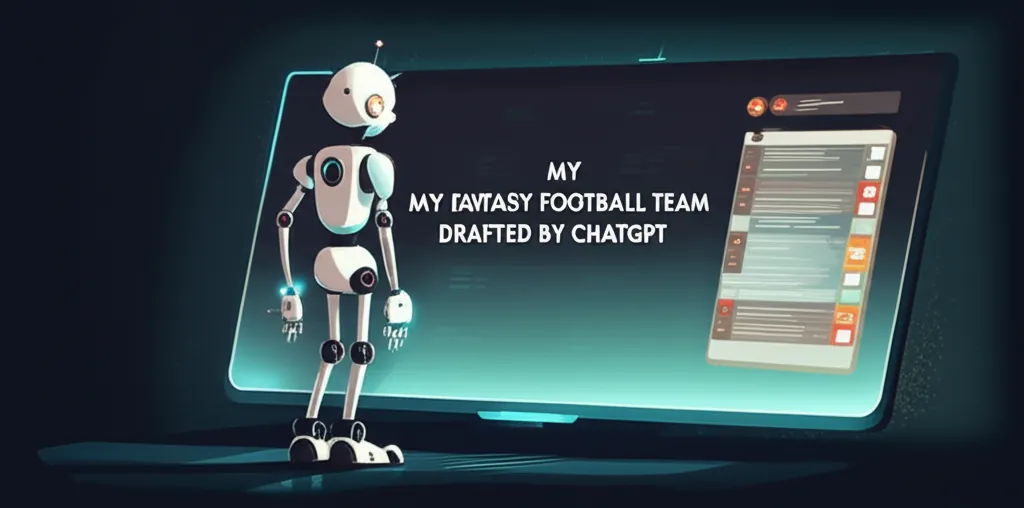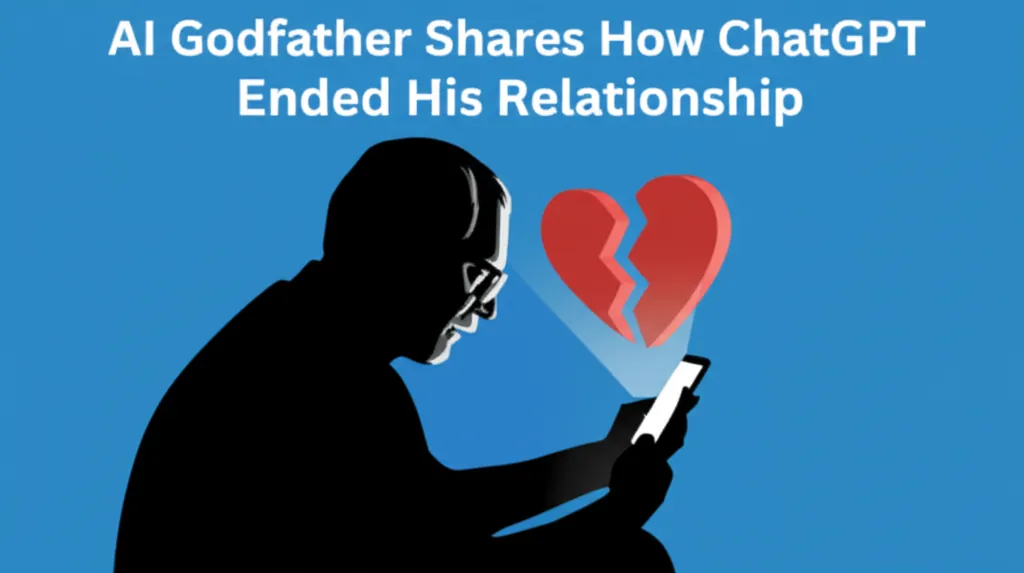Developer Offer
Try ImaginePro API with 50 Free Credits
Build and ship AI-powered visuals with Midjourney, Flux, and more — free credits refresh every month.
AI Godfather Warns of Jobless Future and Deepening Inequality
Geoffrey Hinton, one of the key figures behind the technology that powers tools like ChatGPT, is now sounding the alarm about its potential to dismantle the job market and widen the gap between the rich and poor.
Geoffrey Hinton, a pioneer of neural networks, says society is unprepared for AI's sweeping impact. (Kyodo via Reuters Connect)
A Dire Prediction for the Workforce
Often called the "godfather of AI," Hinton shared a grim outlook in a recent interview with the Financial Times. "What's actually going to happen is rich people are going to use AI to replace workers," he stated. He believes this will lead to a future of massive unemployment and a dramatic increase in corporate profits. "It will make a few people much richer and most people poorer."
Hinton, who spent a decade at Google after his pioneering work on neural networks, clarified that the fault lies not with the technology itself, but with the economic system it operates in. He directly blames the "capitalist system" for how AI's benefits will be distributed.
Why Universal Basic Income Is Not the Answer
While some tech leaders propose a universal basic income (UBI) to soften the blow of job losses, Hinton dismisses it as an incomplete solution. He argues that a simple cash stipend cannot replace the sense of purpose and self-worth that people get from their jobs.
"Universal basic income won't deal with human dignity," he explained, pointing out that for many, their job is a core part of their identity.
Tech Leaders Divided on the Future of Work
Hinton's skepticism contrasts sharply with the views of other major figures in the tech world.
- Sam Altman: The CEO of OpenAI has long supported UBI and even funded one of the largest UBI trials in the United States.
- Elon Musk: The tech billionaire has suggested a future where AI makes most jobs obsolete, but a universal high income would allow people to pursue other forms of meaning.
- Vinod Khosla: The prominent investor predicts AI will perform 80% of the work in 80% of jobs, making UBI "crucial" to prevent a surge in inequality.
- Dario Amodei: The CEO of Anthropic has called UBI just "a small part" of the solution, suggesting society will need to invent entirely new systems to manage the transition.
An Uncertain Path Forward
Interestingly, Hinton had previously advised the UK government to explore UBI, but his current stance highlights his growing concern that financial support alone is not enough. While he still holds out hope that AI can deliver breakthroughs in healthcare and education—a hope informed by losing two wives to cancer—he believes the technology is more likely to erode livelihoods than to uplift them.
"We are at a point in history where something amazing is happening," he concluded. "And it may be amazingly good, and it may be amazingly bad."
Compare Plans & Pricing
Find the plan that matches your workload and unlock full access to ImaginePro.
| Plan | Price | Highlights |
|---|---|---|
| Standard | $8 / month |
|
| Premium | $20 / month |
|
Need custom terms? Talk to us to tailor credits, rate limits, or deployment options.
View All Pricing Details

